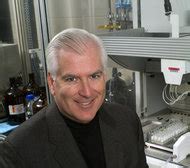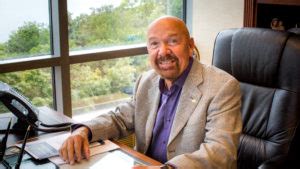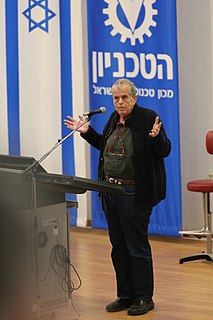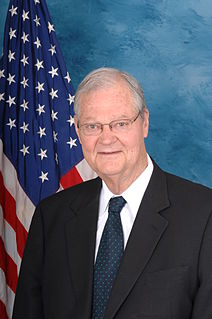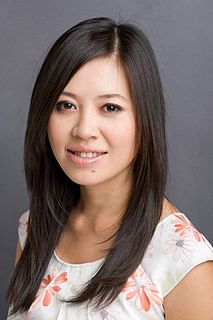A Quote by Miles D. White
I have a particular passion and focus on Alzheimer's and diseases of dementia. There's just so much scientifically that we don't know, and we can know.
Quote Topics
Related Quotes
We've had numerous people diagnosed with Alzheimer's who got better; they just come out of it; they are leading normal lives today. And then, of course, what the doctors say is it's not Alzheimer's. You run into that Catch-22 all the time. They say, well, it was probably just a temporary premature dementia, and they write-off the recovery to preserve their ignorance.
I've had five grandparents who have had Alzheimer's. I've been involved in raising money for two decades, so I thought, how could I combine my work with this commitment to helping dementia? One of the myths is that it's an older person's disease. We're seeing early onset dementia among people at 45. It's the disease of everybody.
I do know people and there are people in my family who have had Alzheimer's and dementia, and I appreciate the importance of communication and having contact with them. Communicating is an interesting thing with a condition like that. Sometimes it's difficult to communicate. If the brain becomes atrophied or certain channels of the brain become atrophied, then contact is what becomes really important.
You don't just wake up one day with dementia or Alzheimer's; these conditions are developmental. Even when a problem triggers the need to collect data, it's reviewed by a specialist and filed away. There's no central repository allowing information to be shared across a multitude of researchers worldwide.
